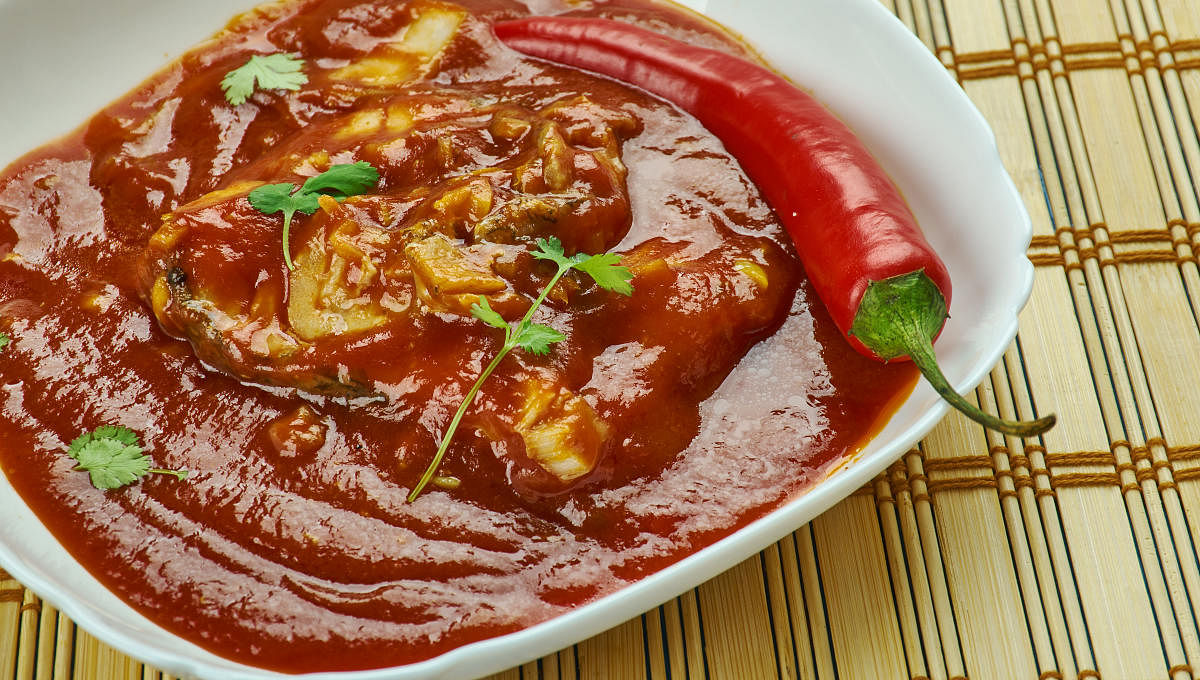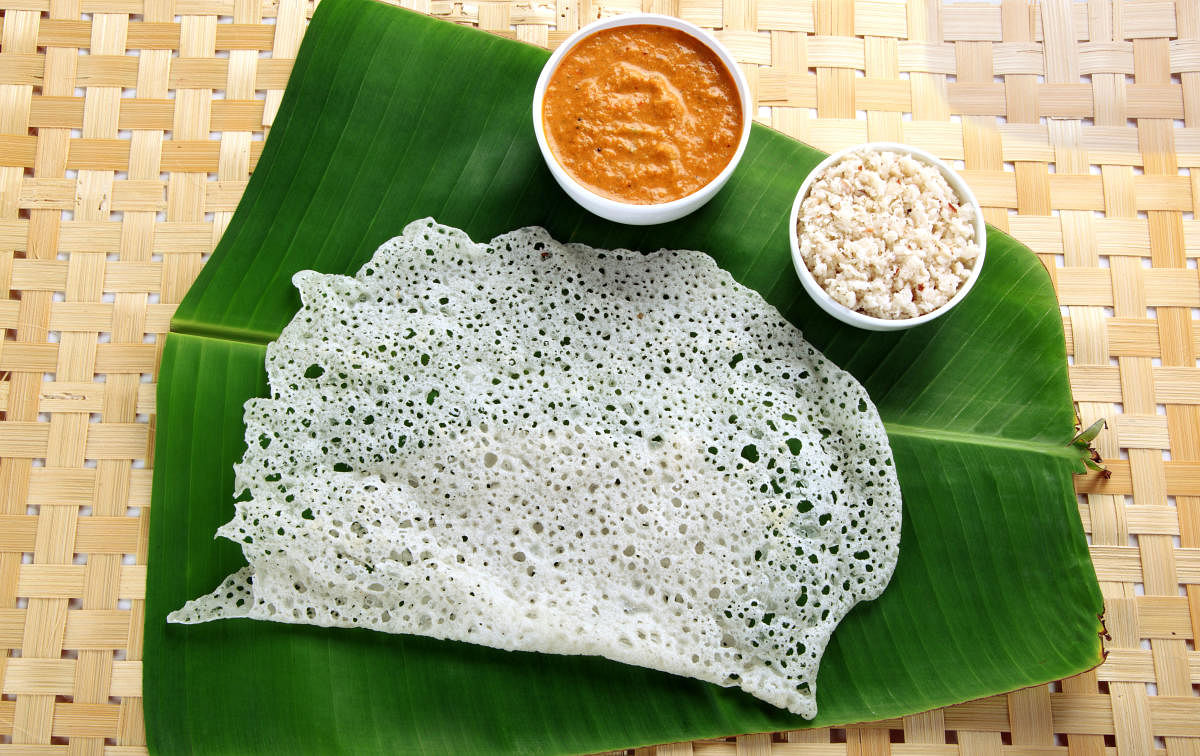

Today, as I tempered the piping hot fish curry to serve my NRI brother who was visiting me in Bengaluru and who loves South Indian food, I boasted about what a unique menu was on the way for lunch — Mangalorean fish curry and Neer dosa.
Nestled between the Arabian Sea and the Western Ghats, this coastal port city is a melting pot of culture and cuisine. It is a true confluence and an eclectic mix of various culinary offerings. Karnataka in itself offers a melange of influences when it comes to food. Though it has its rich gastronomic history, it has a flavour of adjoining states as well; thus giving every part of Karnataka its own unique cuisine — north Karnataka, south Canara, Kodagu, Udupi and Mangalorean or coastal to count a few. The ingredients, cooking style and multi-faceted recipes reflect the state’s rich and diverse culture, history, and geography.
A Mangalorean meal or coastal meal also has diverse recipes — Neer dosa, Kori Rotti, Mangalore Buns, Macaroon, fish recipes, Kori Gassi and more. Owing to various communities, the cuisine too comes flavoured with various nuances, styles and distinctiveness. Mangalorean food, despite being a part of South Indian fare has a distinct identity. And nothing can beat the Bangude puli munchi/ mackarel tamarind and mirchi curry. In Mangalorean language tudu, puli means tamarind or sour and munchi means chillies. Little did I know that my moving to Karnataka from Delhi (Mangaluru to begin with) many years ago, would be the dawn of my new avatar as an epicurean and food lover. The smell of the sea and the memories that this mackerel Puli Munchi Gassi invokes are treasured because they take me back to the initial days of my wedding when it was a novelty for a person hailing from the North Indian plains to savour such a spread.
This Bunt-style tangy mackerel fish curry is an integral part of Mangalorean cuisine amongst others like kori rotti, kori aajadina etc. It is traditionally cooked in a thick spicy gravy, consisting of tamarind and dry red chillies made into a paste with freshly roasted spices like coriander, black peppercorns, and fenugreek. Since this region is also rich in spice plantations, the aroma of the brewing hot curry on the stove in an earthen pot is refreshingly blissful. This curry doesn’t use coconut even though this comes from the land of coconuts! Since this is a hot and sour curry it goes well with fish that doesn’t have flavours like mackerel or shark. This goes well with neer dosa or brown rice. Neer means water and neer dosas, true to their name, are light and digestible as they are made with rice and water. They are thin, crisp, fluffy crepes that require no fermentation. The Tulu-Nadu region (Udupi and Mangaluru) recipe is made with rice soaked for almost two hours or more. The Neer dosa can be had with chutney, sambar, sagu or with a preparation of fish or chicken. Fast forward to a decade or more, here I am tossing the neer dosas with the ease of a pro while it drizzles outside bringing back nostalgic, comforting memories. While I temper the curry wearing Mallige in my hair, which is the strikingly contrasting smell of fish (bangda), I could hear my mother whisper in my ears, “it’s all about the balancing act.” Devouring the flavours of warm dosas balancing the spicy fish curry, with the soothing sight of the gentle drizzle, takes me back to this rich coastal town of Mangaluru.
(The author is a lifestyle coach & social media influencer.)